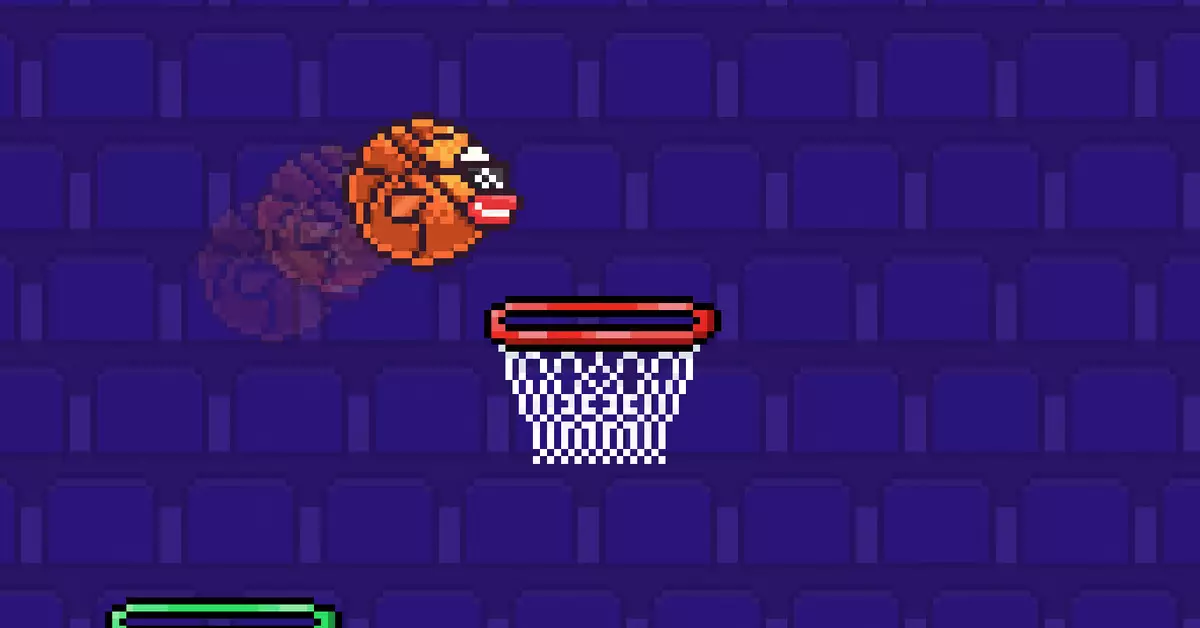Launched in 2013, Flappy Bird became an overnight phenomenon, capturing the hearts and frustrations of mobile gamers worldwide. Developed by Vietnamese creator Dong Nguyen, the game combined simplicity with difficulty, leading to its rapid rise and equally swift demise. By early 2014, Nguyen made the surprise announcement that he would pull the game from app stores entirely, citing the negative effects it had on users’ lives. However, nearly a decade later, nostalgia surrounding Flappy Bird has prompted discussions of its revival. But the recent announcement by The Flappy Bird Foundation complicates this narrative.
Last week, The Flappy Bird Foundation proclaimed that Flappy Bird would make a return, claiming that it had acquired the game’s rights from Gametech Holdings, LLC, which reportedly obtained the trademark from Nguyen. Yet, the original developer has publicly distanced himself from this new venture. In a rare social media post on platform X, Nguyen clarified that he had “not sold anything” and expressed his lack of involvement in this resurrection. This discrepancy raises questions about the authenticity and intent behind the Flappy Bird Foundation’s announcement.
The narrative becomes even more murky due to the trademark issues surrounding the game. In 2023, Gametech filed an opposition against Nguyen’s Flappy Bird trademark, a move that seems to undermine Nguyen’s original claims to the brand. The U.S. Patent and Trademark Office eventually deemed Nguyen’s trademark abandoned, paving the way for Gametech to capitalize on the Flappy Bird legacy. With these legal battles, it is crucial for consumers and fans to consider whether the forthcoming game is genuinely a revival or merely a corporate maneuver banking on nostalgic sentiment.
Despite the lack of Nguyen’s involvement, the Flappy Bird Foundation attempts to capitalize on the game’s nostalgia-heavy marketing. The promotional materials focus significantly on the game’s original success and untimely disappearance rather than providing substantive details about the new game itself. A teaser trailer declares, “In 2024, Flappy Bird will fly again,” but lacks clarity about what players can expect. Such tactics may entice longtime fans, yet they also risk misleading a new audience who might not grasp the complexities surrounding its creation and rights.
Adding another layer of intrigue, cybersecurity researcher Varun Biniwale uncovered potential plans for the game to incorporate a cryptocurrency element, with references to building and staking within a Web 3.0 framework. Although initial communications about these features have since been pulled from the Flappy Bird website, it raises concerns regarding the direction the revived game may take. Is the game intended to be a nostalgic homage or a commercialized blockchain product designed to exploit current trends in gaming?
The revival of Flappy Bird is marred with controversy, and fans are left to navigate a landscape riddled with misinformation, nostalgia, and legal disputes. The absence of its original creator raises ethical questions about ownership, authenticity, and what it means to truly honor a beloved franchise. As we approach the game’s anticipated launch in 2024, the excitement will undoubtedly continue to mingle with skepticism as both long-time fans and newcomers wonder: will this truly honor the spirit of Flappy Bird, or will it merely be an opportunistic bid for profit? Only time will tell.


Leave a Reply